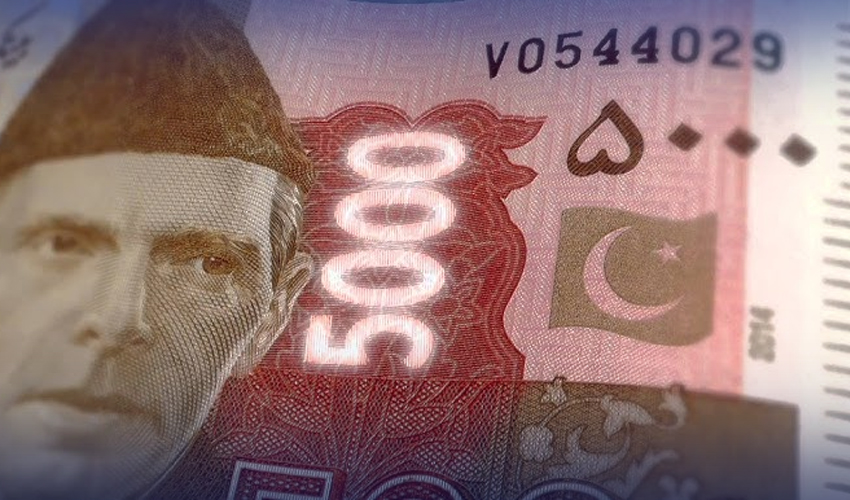In a rather unusual turn of events, a social media post was making rounds at the center of a puzzling financial controversy concerning the Rs5000 currency note.
While financial matters typically revolve around numbers and data, this particular incident ventured into the realm of misinformation, governmental denials, and the intriguing uncertainty surrounding the fate of a banknote.
Let's explore this enigmatic episode that sheds light on the challenges posed by "fake news" in the digital age.
The curious case of the disappearing note
It all began when a fake circular, complete with the letterhead of the Finance Division, emerged on social media, dated September 7th.
Is this correct? Rs. 5000 notes are banned? pic.twitter.com/YDTcAaEyVM
— Sajeel Usmani (@sajeelusmani) September 7, 2023
The document claimed that the government was planning a dramatic policy shift, set to come into effect on September 30th, which would ban the Rs5000 currency note.
The reason? Strengthening the financial system and curbing illicit financial activities, the circular stated.
A trail of uncertainty
This counterfeit notice sent ripples of uncertainty across Pakistan.
Citizens and financial institutions were advised to hastily exchange or deposit their Rs5000 notes at authorized banks, as the document warned that they would soon lose their legal tender status.
Adding to the intrigue, the government announced plans for an awareness campaign to educate citizens on the impending change and guide them on the proper procedures for handling these soon-to-be “obsolete” notes.
Reality vs. fiction
However, as the nation collectively raised an eyebrow, Pakistan's Ministry of Information and Broadcasting sprang into action.
Their fact-checking department swiftly debunked the circular, terming it "fake news" and sounding an alarm about the ethical and legal repercussions of spreading misinformation.
Disseminating #FakeNews is not only unethical and illegal but it is also disservice to the nation. It is the responsibility of everyone to reject irresponsible behavior. Reject #FakeNews pic.twitter.com/bfrLn0b2Io
— Fact Checker MoIB (@FactCheckerMoIB) September 7, 2023
Federal Caretaker Minister for Information and Broadcasting, Murtaza Solangi, echoed this sentiment, assuring citizens that the government would take action against those responsible for the deceitful dissemination of false information.
Lessons in the digital age
This highlights not only the power of misinformation in the digital era but also the critical need for media literacy and responsible information sharing.
While the government is steadfast in its commitment to quelling the spread of fake news, this bizarre incident serves as a poignant reminder to all of us to exercise vigilance and discernment when navigating the treacherous waters of the internet.
As the dust settles on this curious tale, Pakistan stands ready to confront the very real challenge of distinguishing fact from fiction. Especially in an age where the line between the two can often blur in the blink of a viral post.



























